Optimal Timing for Waterproofing Applications
Waterproofing is a critical process to prevent water intrusion and protect structures from damage. The timing of waterproofing applications can significantly influence their effectiveness and longevity. Proper planning ensures that waterproofing materials adhere well and perform optimally, reducing the risk of future issues such as leaks, mold, and structural deterioration.
Late spring and early fall are ideal for waterproofing projects due to moderate temperatures and lower humidity levels, which promote proper curing and adhesion of materials.
Waterproofing should be avoided during extreme cold, high humidity, or rainy periods, as these conditions can compromise the application process and the durability of the waterproofing layer.
Regular inspections and maintenance are recommended after waterproofing to ensure ongoing protection, especially before seasons with heavy rainfall or snow.
Understanding local climate patterns helps determine the best timing for waterproofing, ensuring materials are not subjected to adverse weather during or immediately after application.
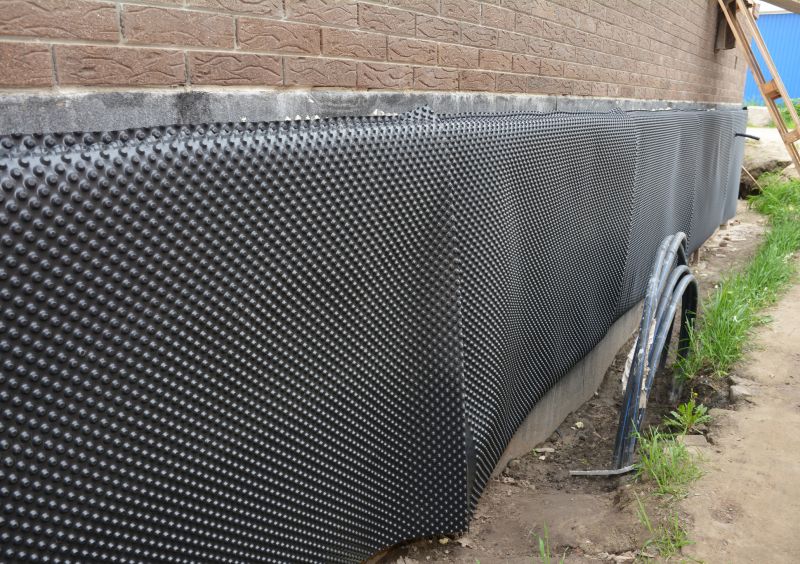
Spring offers favorable conditions for waterproofing with moderate temperatures and less rain.
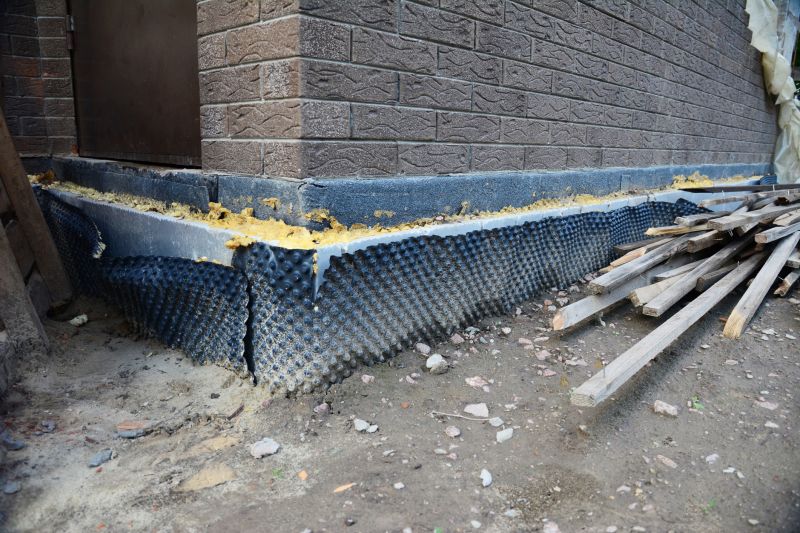
Summer requires careful planning due to higher temperatures and potential humidity challenges.
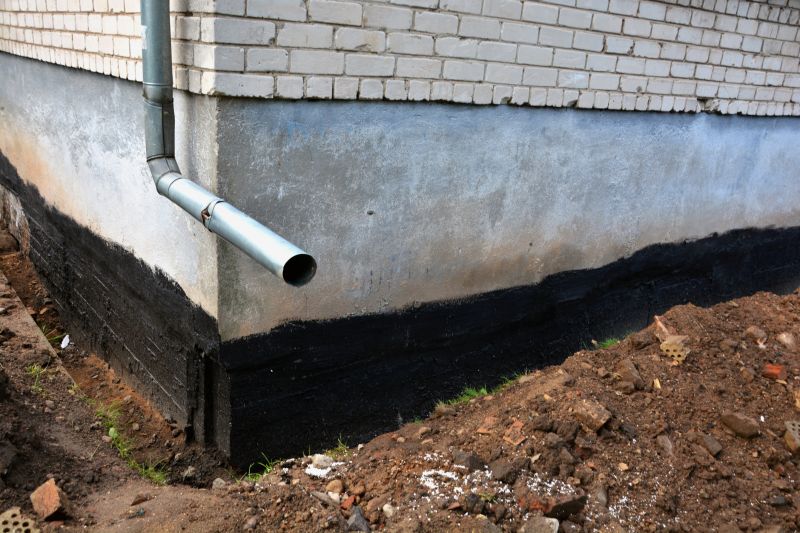
Fall provides cooler, dry conditions ideal for sealing and waterproofing projects.
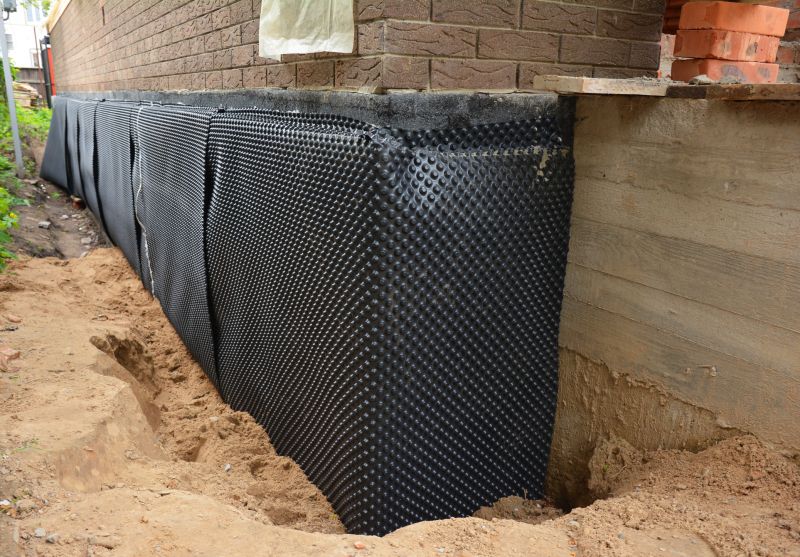
Ways to make Waterproofings work in tight or awkward layouts.

Popular materials for Waterproofings and why they hold up over time.
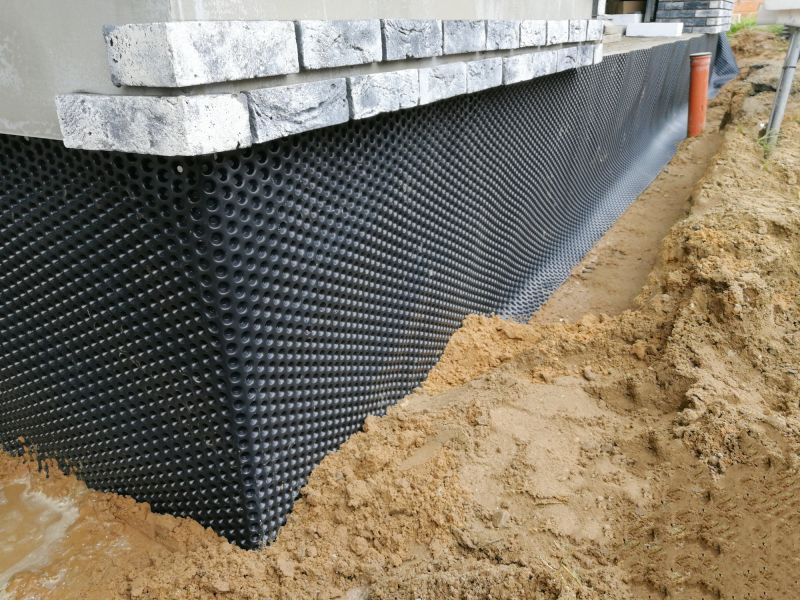
Simple add-ons that improve Waterproofings without blowing the budget.

High-end options that actually feel worth it for Waterproofings.
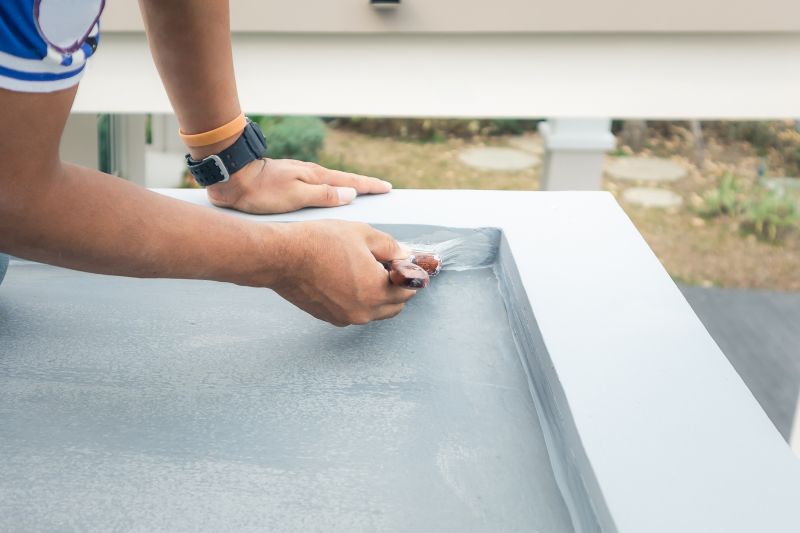
Finishes and colors that play nicely with Waterproofings.
Waterproofing involves applying specialized materials designed to create a barrier against water ingress. These materials range from liquid coatings and membranes to sealants and barriers, each suited to different surfaces and environmental conditions. Effective waterproofing extends the lifespan of buildings, prevents costly repairs, and maintains structural integrity.
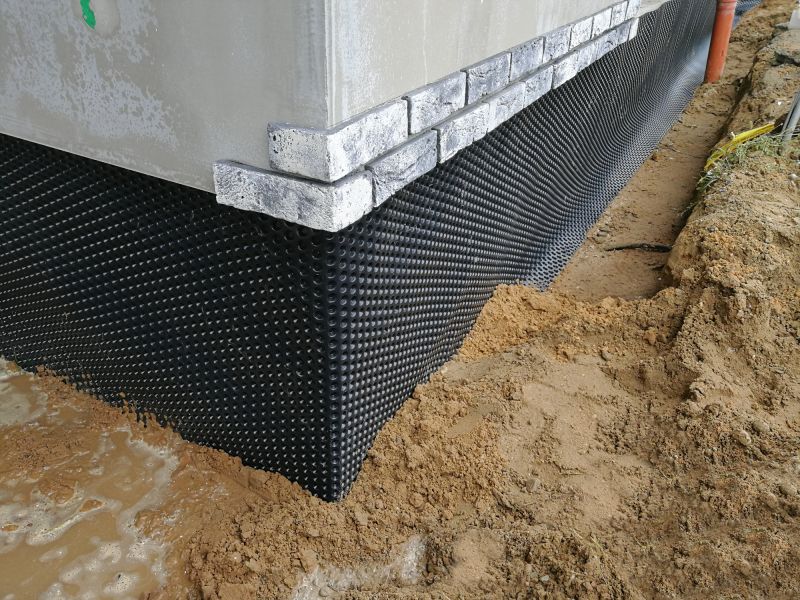
Various materials such as bituminous membranes, liquid coatings, and rubberized sealants are used for waterproofing applications.

Proper surface preparation and application techniques are essential for ensuring waterproofing effectiveness.
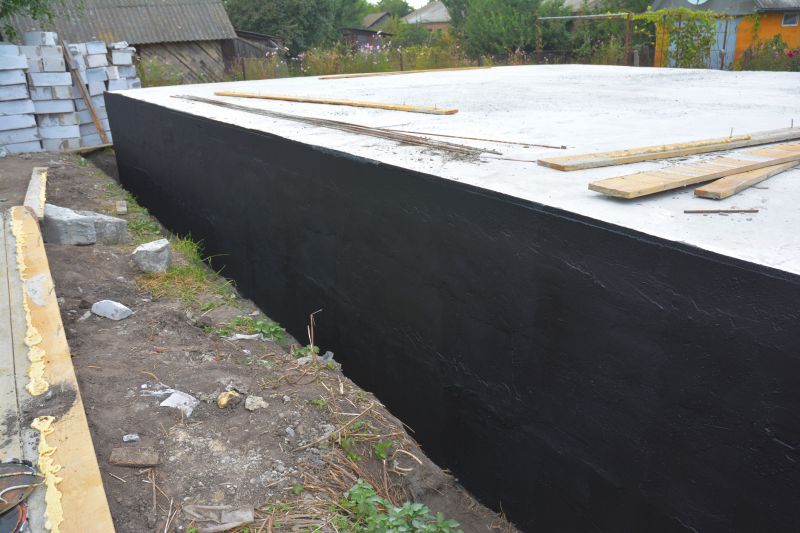
Foundations, roofs, basements, and balconies are typical areas requiring waterproofing.

Regular inspections help identify and repair minor issues before they develop into major problems.

Little measurements that prevent headaches on Waterproofings day.

A 60-second routine that keeps Waterproofings looking new.

A frequent mistake in Waterproofings and how to dodge it.

Small tweaks to make Waterproofings safer and easier to use.
| Season | Ideal Conditions |
|---|---|
| Spring | Moderate temperatures, low humidity, minimal rain |
| Summer | High temperatures, high humidity, potential for storms |
| Fall | Cooler temperatures, dry weather, optimal for sealing |
| Winter | Cold temperatures, risk of freezing, not recommended |
Choosing the right time for waterproofing enhances the durability and effectiveness of the application. Proper timing ensures materials cure correctly and adhere firmly to surfaces, providing long-lasting protection against water damage. Consulting with waterproofing professionals can help determine the best schedule based on local climate and project specifics.
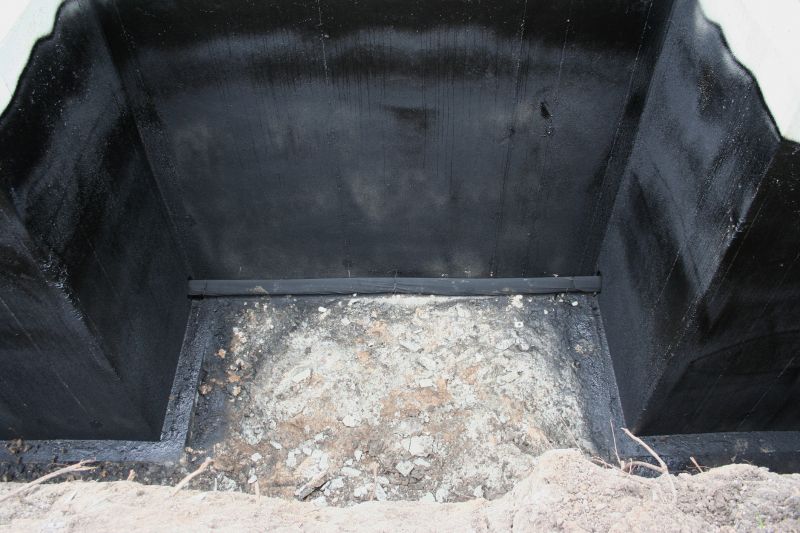
Timing considerations specific to Columbia, MO, include avoiding harsh winter conditions and capitalizing on favorable spring and fall weather.

Understanding local weather helps optimize waterproofing schedules for maximum performance.
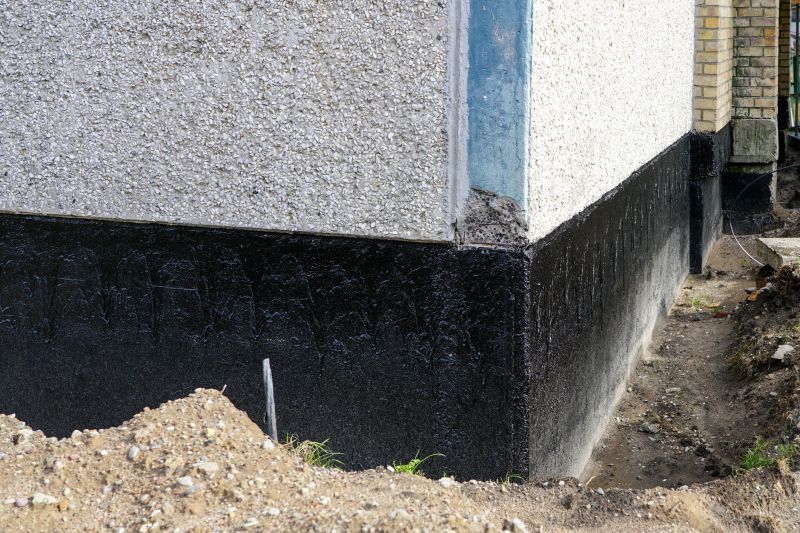
Regular waterproofing inspections and timely applications safeguard buildings across all seasons.
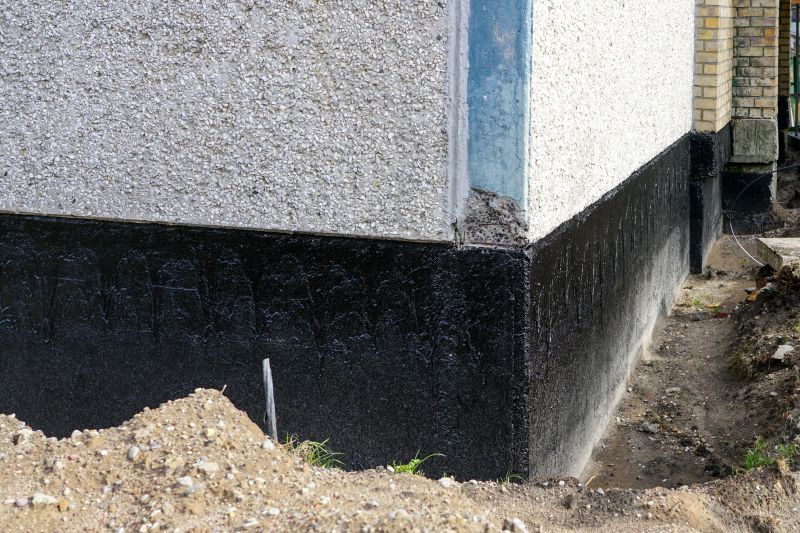
Lower-waste or water-saving choices for Waterproofings.

The short, realistic tool list for quality Waterproofings.
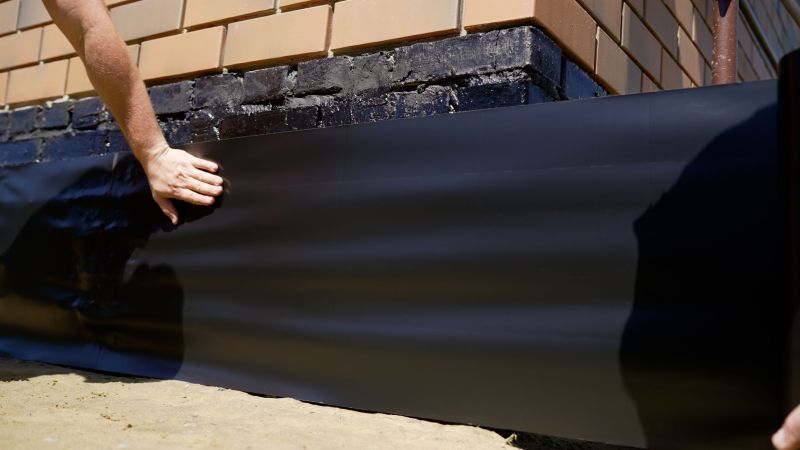
Rough timing from prep to clean-up for Waterproofings.

Quick checks and paperwork to keep after Waterproofings.

Examples that show the impact a good Waterproofings can make.
Interested in waterproofing services? Filling out the contact form provides an opportunity to discuss specific needs and schedule projects at the most suitable times for optimal results.


